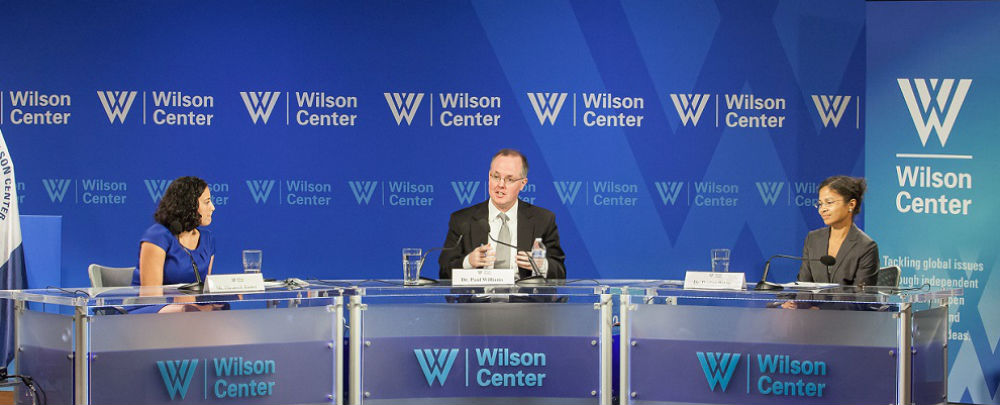
Although the vast majority of conflicts in Africa today involve non-state actors, there has been a significant increase in state-based violence since 2010, with prominent examples in Nigeria, Libya, Mali, Somalia, the Central African Republic, and South Sudan. In an event marking the release of the second edition of Paul Williams’ War and Conflict in Africa, he cautioned against relying on simplistic explanations for conflict and recommended thinking of the causes of conflict as ‘ingredients’ in a recipe. Neopatrimonialism, natural resources, sovereignty, and ethnicity and religion are all common ingredients in multiple conflicts. Ultimately, Dr. Williams argued, the key to starting and stopping wars is governance, and there is no escape from the long, arduous process of reforming authoritarian and poorly governed states. Further distilling the centrality of governance to conflict, the Africa Center’s Dorina Bekoe highlighted that the international community has historically engaged almost exclusively with African political elite. While there is now a better understanding of the need to engage at multiple levels of society, leveraging the political will and resources to facilitate these deeper connections has remained a challenge.
See more at: https://www.wilsoncenter.org/event/book-launch-war-and-conflict-africa
More on: Conflict Prevention or Mitigation Peacekeeping Regional and International Security Cooperation African Union Democratic Republic of the Congo

